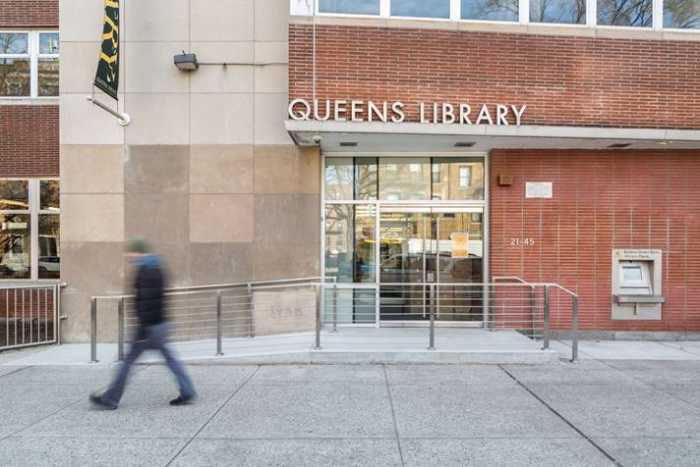And you thought your troubles ended with the cold weather.
But warm temperatures bring mosquito season. Unfortunately, mosquitoes and similar critters are more than an idle nuisance. A report last week from the Centers for Disease Control and Prevention warned that illnesses from mosquito, tick and flea bites have tripled nationally from 2004 to 2016. More than 640,000 cases have been reported in that period.
Those potentially deadly illnesses include Lyme disease, and the West Nile and Zika viruses. And the report found that the country is not fully prepared to face what it termed an increasing threat.
The CDC places much of the burden on state and local governments that are the first lines of defense.
In NYC, the relative lack of forested areas is one reason we tend to have less of an issue with diseases transmitted by insects than other parts of the country. But city officials say they are taking the threat seriously and are equipped to do so, particularly after learning the lessons of a disturbing West Nile outbreak in 1999.
City efforts include the testing of mosquitoes trapped around the city, and monitoring health cases to identify threats. And the city works to get rid of potentially dangerous bugs, be it through killing insects where they live, or deer-control on Staten Island to limit ticks’ favorite carriers.
NYC must not rest. These efforts should only increase in a world with more insect-borne diseases that can easily make their way to NYC. The reasons for the rise of these diseases are difficult to pin down, but scientists point to increased jet travel. Also, some argue that warmer temperatures may be a factor, a disturbing possibility given the trajectory of climate change.
New Yorkers can take steps to reduce the risk of getting a bite that results in sickness. Use insect repellent, and check for ticks after park outings. Call 311 if you see stagnant water, be it in a puddle or even an old tire. These steps, along with continued government efforts, can help us have a safe summer.





































